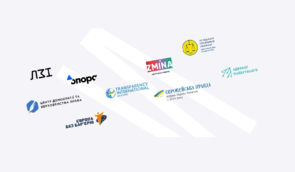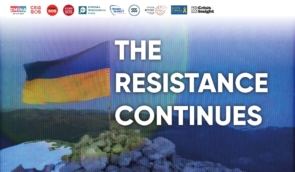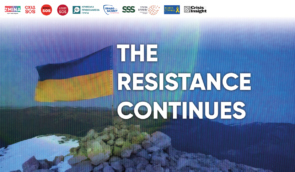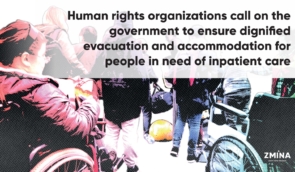Draft law No. 13597 may become a step towards European standards in the field of equality, but it needs further refinement — analysis by Iryna Fedorovych
Ukrainian anti-discrimination legislation still does not meet international standards and does not provide effective protection against discrimination, according to a new analytical report by the Human Rights Centre ZMINA, prepared by Iryna Fedorovych, an expert and trainer on diversity, non-discrimination and inclusion.

According to the analysis, despite some progress in the development of the legislative framework, the provisions remain fragmented, inconsistent with each other and do not cover all areas of social life. In particular, the basic Law “On Principles of Prevention and Combating Discrimination in Ukraine” does not contain definitions of multiple discrimination, associative discrimination or refusal to make reasonable accommodations, and the list of protected characteristics is not unified and does not include sexual orientation and gender identity.
“The term ‘other grounds’ often remains unclear to courts, which makes it difficult to prove discrimination. At the same time, the state does not provide victims with effective protection mechanisms, as administrative liability for discrimination has not yet been introduced,” notes Fedorovych.
Among the key problems identified in the analysis is the ineffectiveness of Article 161 of the Criminal Code, which should ensure accountability for discrimination and crimes based on intolerance, but is rarely applied in practice. In addition, judicial practice demonstrates a poor understanding of the principle of burden of proof in discrimination cases.
In August 2025, Draft Law No. 13597 was registered in the Verkhovna Rada, which aims to eliminate these shortcomings. In particular, the document proposes adding sexual orientation and gender identity to the list of protected grounds, introducing administrative liability for discrimination, and updating Article 161 of the Criminal Code in line with EU requirements.
Fedorovych acknowledges that the Draft Law contains several positive amendments, but emphasises that without consideration of the recommendations from the human rights community, it will not have a systemic effect.
“The document needs to be revised — in particular, to expand the list of protected grounds, to provide for a ban on multiple discrimination, to clearly define the powers of the equality institution, and to remove from the list of private prosecution articles relating to crimes based on intolerance,” the analysis states.
The European Commission has repeatedly drawn attention to the need to bring Ukrainian legislation fully into line with EU directives, particularly in terms of the scope of coverage, data collection, the definition of hate speech and the role of equality institutions.
Updating anti-discrimination legislation is part of implementing the Roadmap to Chapter 23 of the EU negotiation process and therefore requires political will and genuine civil society participation in preparing decisions.
“A qualitative update of the anti-discrimination system is not only a change in regulations, but also a change in approaches: training judges, prosecutors, police officers and civil servants who need to know how to identify and prevent discrimination,” concludes Fedorovych.
The full text of the analysis is available in Ukrainian and English.
This material was prepared with the support of the project “Strengthening Ukraine’s EU Accession in the Rule of Law” (3*E4U), implemented on behalf of the German Federal Foreign Office by Deutsche Gesellschaft für Internationale Zusammenarbeit (GIZ) GmbH as part of the project “Human Rights at the Centre of Ukraine’s European Integration”, which is being implemented by the NGO Human Rights Centre ZMINA with the support of GIZ. The opinions and views expressed in the documents do not necessarily reflect the position of the Deutsche Gesellschaft für Internationale Zusammenarbeit (GIZ) GmbH.
If you have found a spelling error, please, notify us by selecting that text and pressing Ctrl+Enter.















